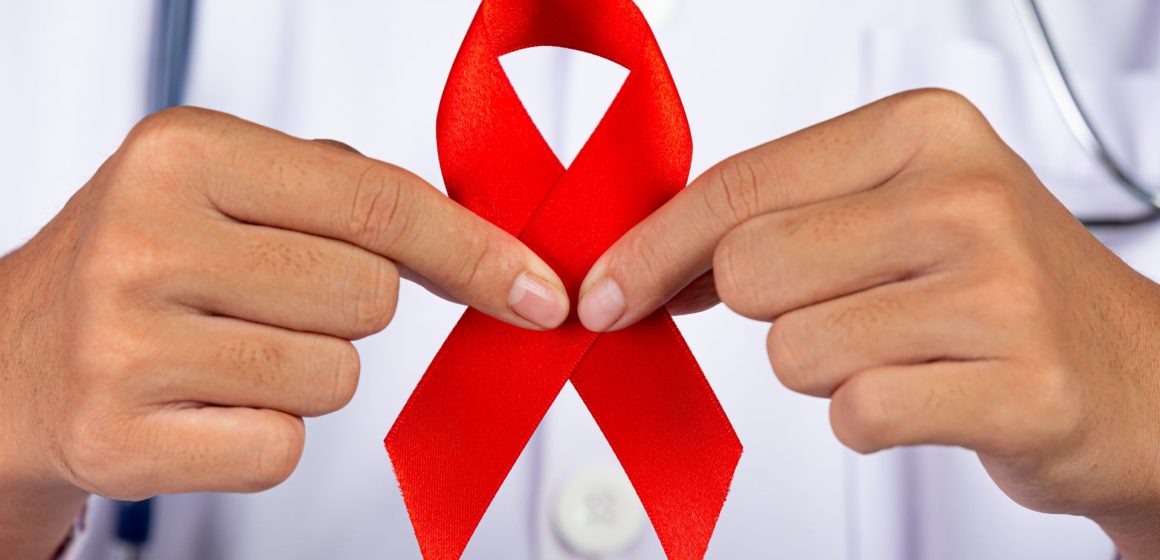HIV, the Human Immunodeficiency Virus, attacks the body’s immune system, making it vulnerable to infections and illnesses. While HIV symptoms in women can be similar to those in men, some aspects can be unique or go unnoticed for longer periods. This comprehensive guide from Hermaze.com empowers women with knowledge about HIV symptoms in women, enabling them to make informed decisions about their health.
Understanding HIV Symptoms in Women and its Progression
HIV weakens the immune system by targeting CD4 cells, white blood cells that fight infection. As the virus progresses, the number of CD4 cells decreases, making the body more susceptible to opportunistic infections.
Early vs. Late HIV Stages:
Symptoms of HIV can vary depending on the stage of the infection:
- Acute HIV infection: This stage occurs within 2-6 weeks of contracting the virus. Symptoms can resemble the flu and may include fever, fatigue, swollen lymph nodes, sore throat, and muscle aches.
- Chronic HIV infection: After the acute stage, the virus enters a dormant phase with minimal or no symptoms. This phase can last for years without detection.
- Late-stage HIV infection: As CD4 counts become critically low, opportunistic infections and illnesses become more frequent and severe.
HIV Symptoms in Women: Recognizing the Difference
While some HIV symptoms in women overlap with those in men, specific signs may be more prevalent in women. Here’s a breakdown of potential symptoms:
- Vaginal discharge: Women with HIV may experience changes in vaginal discharge, such as increased amount, unusual color (green, yellow, or gray), or a strong odor. This discharge could be a sign of a yeast infection, bacterial vaginosis, or another sexually transmitted infection (STI) that’s more easily contracted due to a compromised immune system.
- Pelvic inflammatory disease (PID): This is an infection of the reproductive organs that can occur more frequently in women with HIV. Symptoms of PID may include pelvic pain, lower abdominal pain, abnormal vaginal discharge, and painful urination.
- Menstrual irregularities: Women with HIV might experience irregular periods, heavier bleeding, or missed periods altogether.
- Vulvovaginal candidiasis (yeast infection): This fungal infection is more common in women with HIV due to changes in the vaginal environment. Symptoms include burning, itching, and irritation in the vaginal area.
General HIV Symptoms in Women:
In addition to the specific symptoms mentioned above, women with HIV may also experience some general symptoms, including:
- Fever
- Fatigue
- Swollen lymph nodes
- Weight loss
- Night sweats
- Headaches
- Muscle aches
- Skin rashes
Important Note:
The presence of any of these symptoms does not necessarily indicate an HIV infection. Many of these symptoms can be caused by other conditions. However, if you experience any of these symptoms, especially if you believe you may have been exposed to HIV, it’s crucial to get tested.
Getting Tested for HIV
Early detection is critical for managing HIV effectively. Here are some ways to get tested for HIV:
- At your doctor’s office: Many doctors routinely offer HIV testing during regular checkups.
- Planned Parenthood or other sexual health clinics: These clinics offer confidential and often free HIV testing.
- At-home HIV tests: These rapid tests can provide results within minutes, but they should always be followed up with a confirmatory test at a doctor’s office or clinic.
Living with HIV: A Message of Hope
Thanks to advancements in medicine, HIV is no longer a life sentence. With early diagnosis and proper treatment, people with HIV can live long and healthy lives. Antiretroviral therapy (ART) is a combination of medications that can effectively suppress the HIV virus, keeping CD4 cell counts high and preventing opportunistic infections.
Hermaze.com: Supporting Women’s Health
At Hermaze.com, we prioritize women’s health and well-being. We understand that HIV can be a frightening topic, but knowledge is power. By educating yourself about HIV symptoms in women, you’re taking control of your health and making informed decisions about testing and treatment.
Additional Resources:
- The National Institute of Allergy and Infectious Diseases (NIAID): https://www.niaid.nih.gov/diseases-conditions/hivaids
- The Centers for Disease Control and Prevention (CDC): https://www.cdc.gov/hiv/index.html
- Planned Parenthood: https://www.plannedparenthood.org/get-care/our-services/hiv-services
Remember, early detection is key! If you have any concerns about HIV, please consult with a healthcare professional.


Leave a Reply